FM: Iran won’t condone language of threats; maximum pressure doomed to fail
Iran’s Foreign Minister Abbas Araghchi says the Islamic Republic does not condone threats, stressing that the US’s “maximum pressure” campaign will certainly fail.
Araghchi made the remarks at a meeting with Wolfgang Amadeus Bruelhart, the Swiss Special Envoy for the Middle East and North Africa, on the sidelines of the 8th Indian Ocean Conference in Oman on Monday.
During the meeting, Araghchi referred to the three rounds of negotiations held between Iran and the three European signatories to the 2015 Iran nuclear deal, formally known as the Joint Comprehensive Plan of Action (JCPOA) and expressed Tehran’s readiness to continue talks with the three European countries, namely the United Kingdom, France, and Germany (E3).
The minister stressed that the Islamic Republic “does not brook the language of threats or pressure”, asserting that the policy of maximum pressure led by the US “is bound to fail.”
That came as US President Donald Trump has signed a memorandum re-imposing his so-called "maximum economic pressure" on Iran.
Elsewhere in his remarks, the Iranian minister hailed the long-standing ties between Iran and Switzerland, stressing the importance of the “constructive” role played by the country, which acts as the protecting power for the US in Tehran, in promoting peace and stability in the region.
He also welcomed the upcoming round of political talks scheduled to take place between Tehran and Bern in the Iranian capital.
“We emphasize [the importance] of continuing dialogue and cooperation in this regard”.
For his part, Bruelhart stressed the “significant and influential” role played by Iran in the region.
He also underscored the importance of talks with Iran on bilateral and regional issues, and expressed his country’s keenness to continue dialogue with Tehran, especially during the upcoming meeting in Tehran.
Iran and the E3 have been conducting on-again, off-again talks since 2021, three years after the United States illegally and unilaterally left a historic nuclear accord between Iran and world powers under Donald Trump, returning Washington’s unlawful sanctions against the Islamic Republic.
The trio then failed to live up to their promise of bringing Washington back into the deal.
Reacting to the counter-party’s non-commitment to its obligations, Tehran initiated a set of retaliatory nuclear steps, including by activating more advanced centrifuges.
The country has been stepping up the measures in response to the other parties’ continued refusal to uphold their obligations.
‘Permits of humiliation’: Israel targets Christian schools in al-Quds
Over 470 terrorists, riot ringleaders captured across Iran
UNRWA chief warns about 'record highs' of diseases in Gaza amid Israeli siege
Israeli agricultural exports face looming 'collapse' amid boycotts over Gaza genocide
VIDEO | Canadians preparing to hold more rallies in solidarity with Venezuela
VIDEO | Iranian national Mahdieh Esfandiari goes on trial for supporting Palestine
VIDEO | Italian farmers launch protest campaign against EU-Mercosur free trade deal
VIDEO | Trump’s Gaza ‘Board of Peace’ invitation sparks criticism in Pakistan


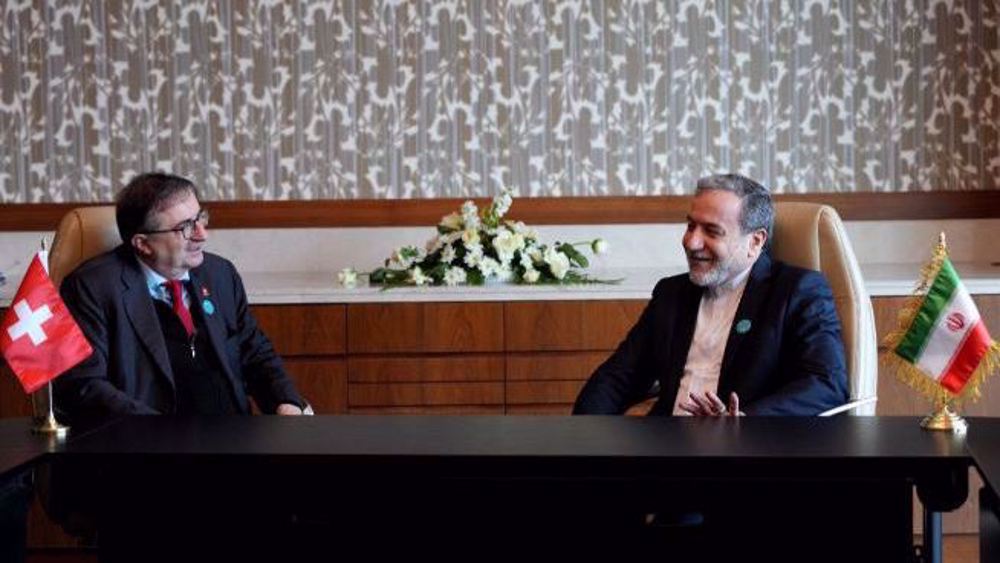
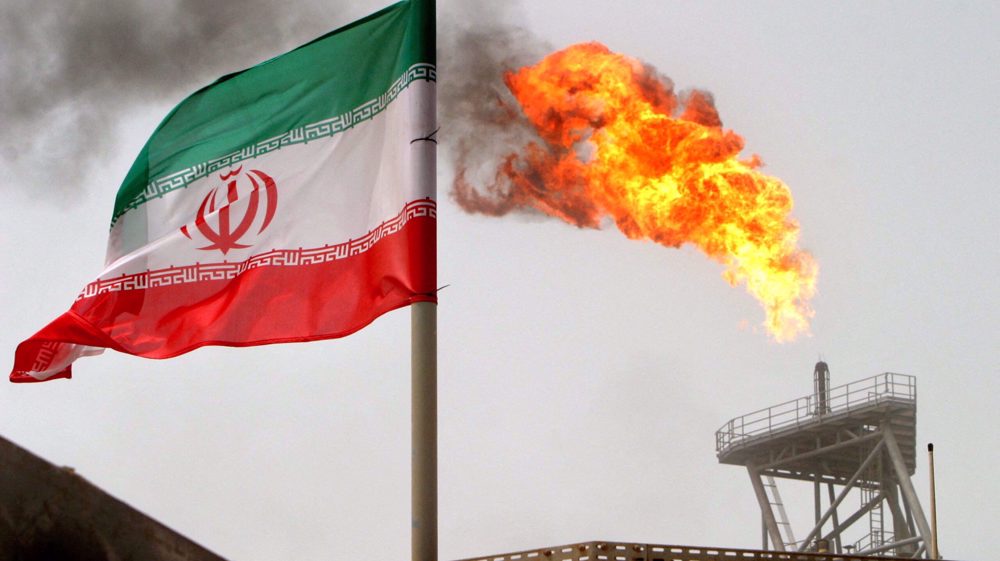
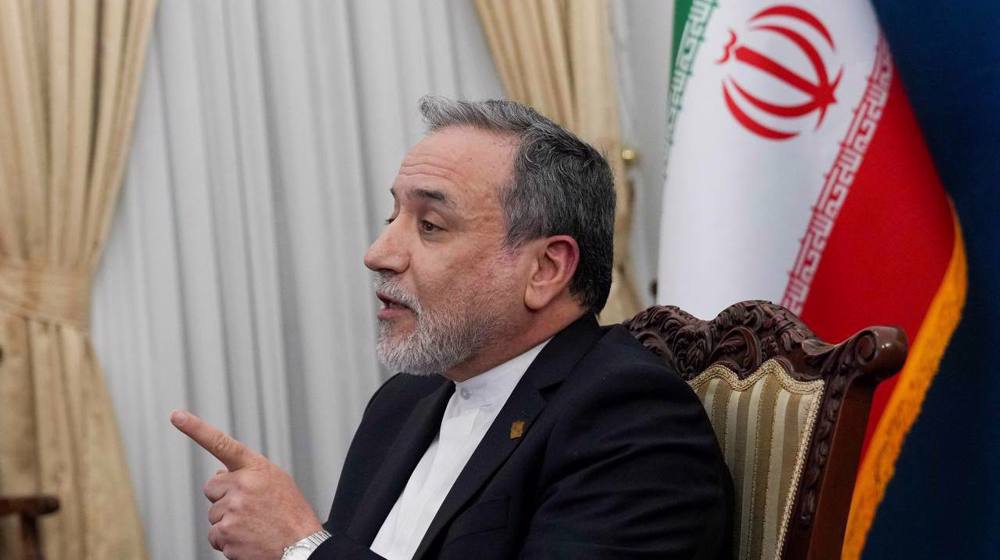
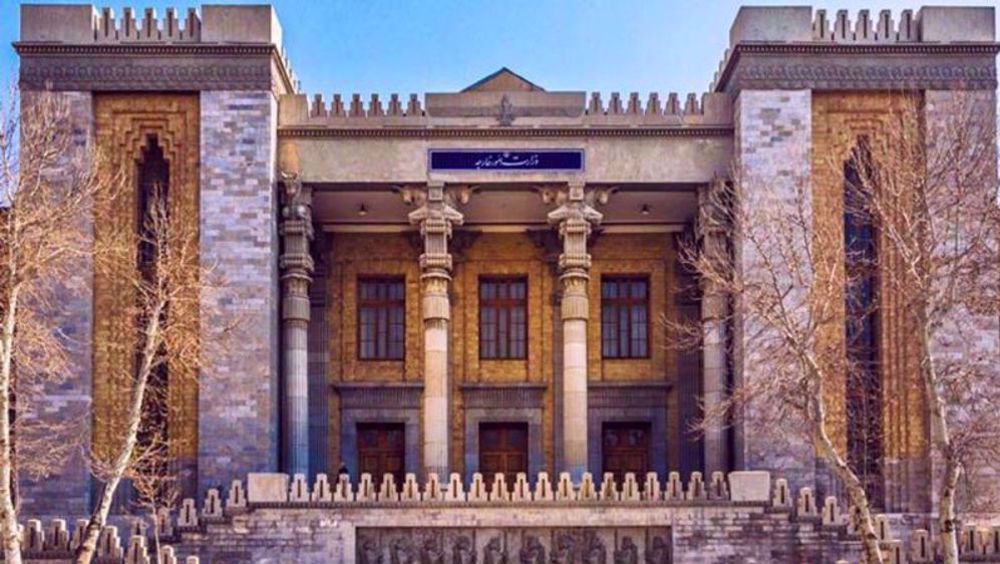
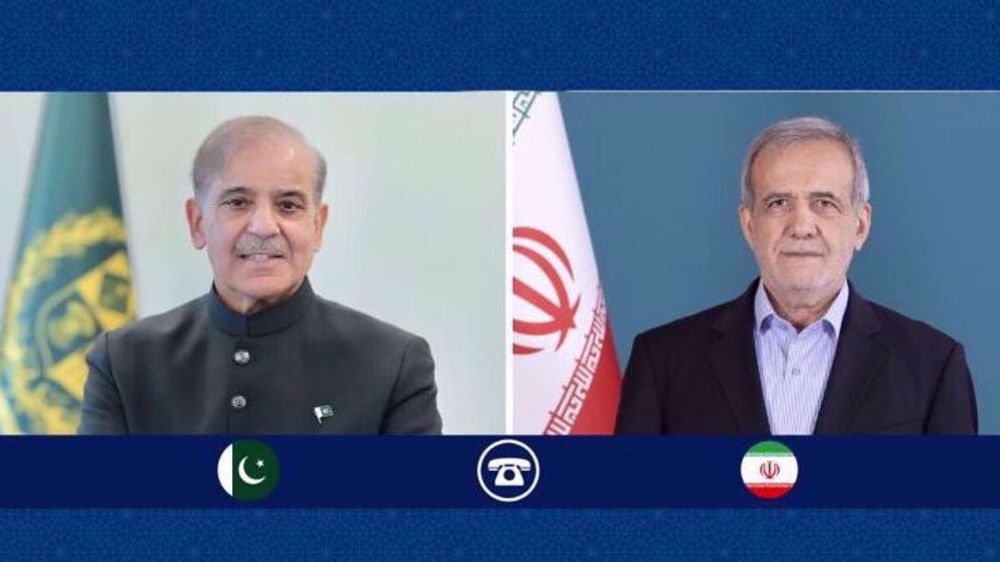



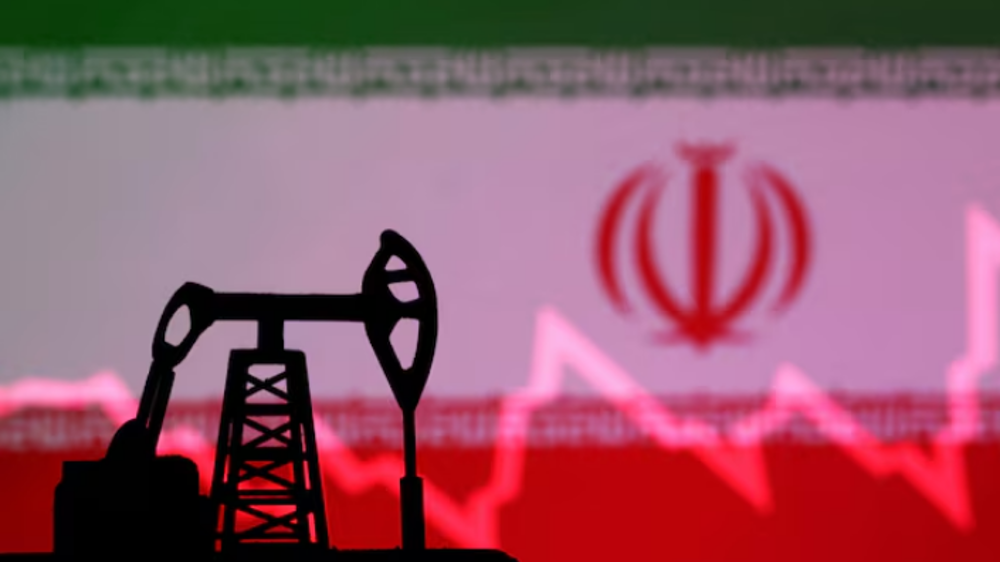


 This makes it easy to access the Press TV website
This makes it easy to access the Press TV website